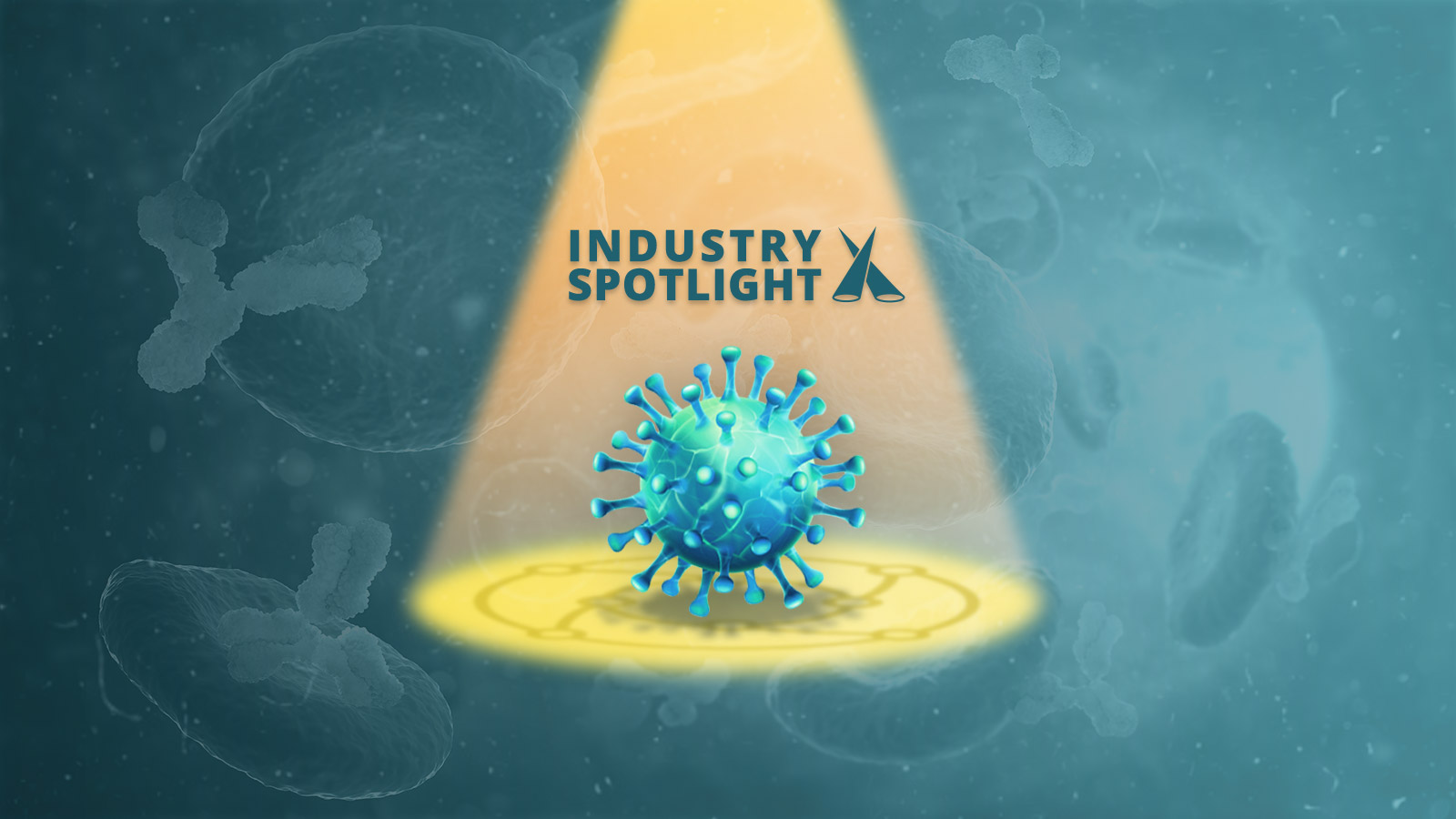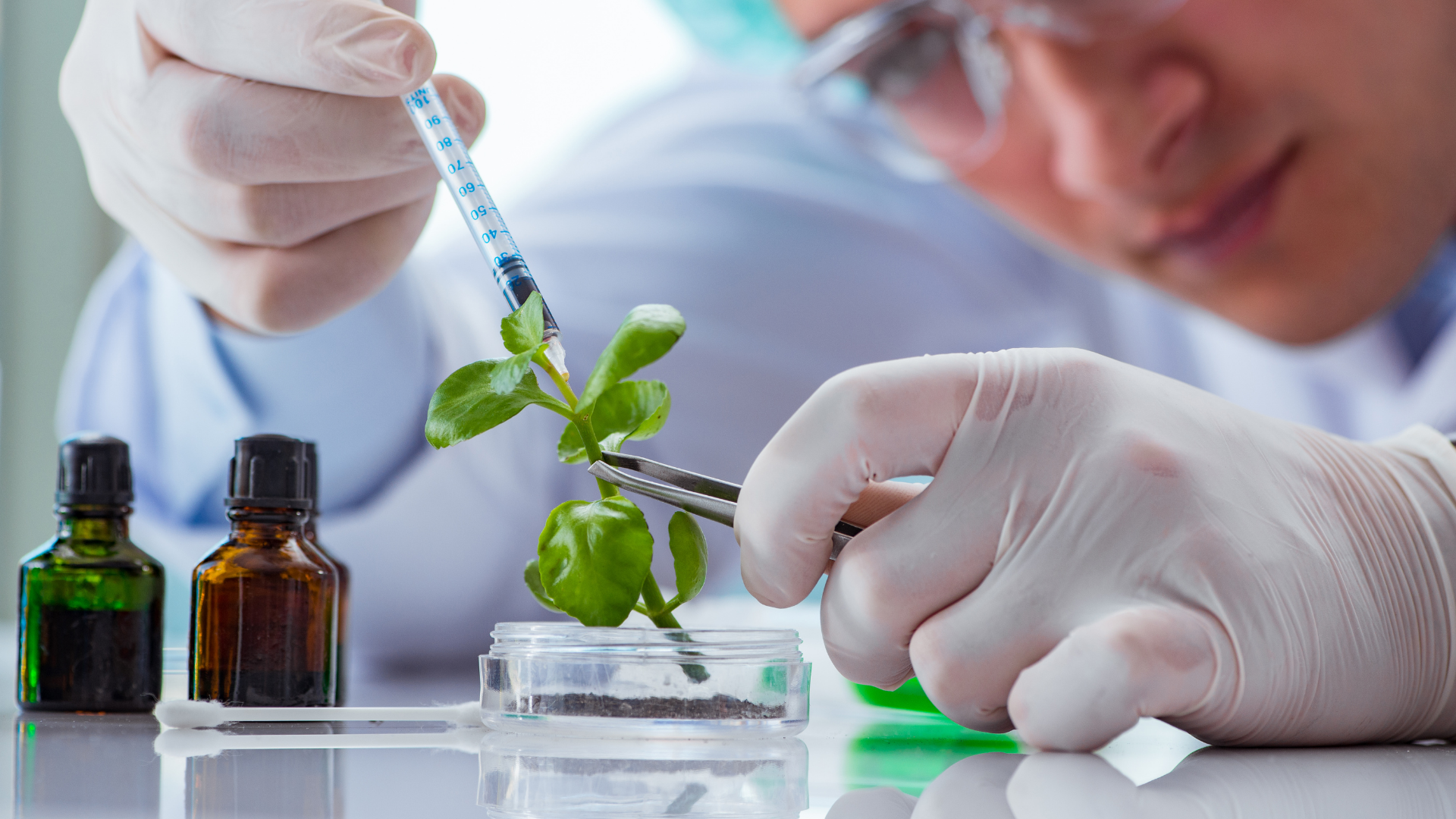Delays for New COVID Drugs

The heroic efforts of scientists and researchers in their fight against the global COVID pandemic of 2020 and 2021 will go down in history. But now, there seems to be a shortage of eligible patients for the latest round of clinical trials.
The success of the global inoculation roll-out has raised fears that developing new treatment options for severe COVID-19 could fail as the ability to organise clinical trials to test them becomes increasingly challenging.
- The Future of COVID Vaccinology
- FDA Approves GSK’s MMR Vaccine
- What’s Next for Antibody-Based Therapeutic Discovery and Optimisation?
Reasons behind reported delays can be linked to the vaccinations’ triumph in decreasing severe disease response and the patient population for further study. Resistance to enrol in patient trials is evident, and the statistical analysis accompanying the delivery of potent drug treatments poses further difficulties.
Currently, Doctors and health practitioners have the availability of approximately six different treatment options for COVID. World Health Organisation (WHO) and US Food and Drug Administration (FDA) have approved therapies such as synthetic antibodies, steroids, and antiviral tablets, to name a few.
An unforeseen drawback and complication of the welcome inoculation success is the evident shrinking of eligible patient pools.
Whilst death rates are falling, there remains a need to unlock the next generation of treatments. In particular, widespread distribution of antiviral therapy to lower-income countries could prevent the majority of COVID-related death and hospitalisations. However, many treatments are expensive and are limited in supply.
An unforeseen drawback and complication of the welcome inoculation success is the evident shrinking of eligible patient pools. Trials to develop future COVID treatments are being stalled by the lack of patient populations now being infected with severe cases of the virus.
As it becomes more and more challenging to recruit patient participants, researchers and scientists alike must look for new and innovative ways to start addressing the future need for next-generation COVID treatments.
Join us for Vaccines Europe: In-Person happening 29 - 30 November 2022 in Berlin, Germany to take part in an intensive 2-day in person meeting that delves into the latest in vaccine research, platform technologies, analytics and vaccine development. For more information visit Oxford Global.







